በቀረው ዓለም ከእዝያ በፊት በታሪክ ማን ከማን ጋር ለምን ያክል ግዜ ረጅም የሆነ ውግያ እንደ ተዋጋ፡ በውል የማውቀው ነገር የለም። በእኛ ዘመንና በአዲስቱ ኢትዮጵያ ከተካሄዱት ጦርነቶች ግን፡ ከኤርትራ አማጽያን እንዳደረግነው ውግያ ግዙፍና ብዙ ዋጋ ያስከፈለ አለ ለማለት እቸገራለው።
ካማንም ባዕድ ጦር ጋር ብንዋጋ፡ ከዚህ ጦርነት የበለጠ ዋጋ አንከፍልም። ለምን? መካድ አንችልም! ሰዎቹ ተዋጊዎች ናቸው፡ ይዋጋሉ።
ለዚያ (ለኤርትራ ጦርነት) የተከፈለው መስዋዕትነት ቀላል አልነበረም፡ የወጣው ገንዘብና ሎጂስቲክስ ቀላል አልነበረም፡ በአንድ ታዳጊ ሀገር ረዥም፡ ብዙ የጠየቀ፡ ብዙ መሳርያ የተሰለፈበት ምናልባት ከኮርያ ጦርነት በመለስ የእኛ ጦርነት ነበር። ይኼንን ሁሉም ይቀበለዋል።
I don’t know for sure, in history, what war was fought the longest. However, from the wars that have taken place in our time and in modern Ethiopia, I hesitate to say that there was a war as massive and costly as the one we fought against the Eritrean rebels.
Even if we fought against any foreign army, it would not be more costly than we did in that war. Why? We cannot deny it! The people (Eritreans) are warriors; they fight!
The sacrifice paid for that (the Eritrean war) was not small. The money spent and the logistics were not small, either. For a young nation, it was long, it demanded a lot, and involved a massive deployment of weapons—perhaps, after the Korean war, it was this war. Everyone acknowledges this fact.
Former President of Ethiopia Mengistu Hailemariam, 2024
FACTS:
-The Eritrean armed struggle was the longest armed national liberation struggle in Africa & a highly developed & effective armed struggle, in the world. Many of the largest battles and military operations after WWII; the Red Star 1982 Operations, Nadew 1988, Fenkil 1990 & others, were fought in Eritrea.
-Between 1974 & 1991, Ethiopia lost about 479,589 troops (1% of Ethiopia's then population of 46 million) fighting in Eritrea. Eritrea, lost more than 65,000 of her finest freedom fighters in the liberation war. 30% of Eritrean freedom fighters, were women.
-From 1985-1991, the EPLF released 136,000 Ethiopian POWs. In 1985, 8000, in Dec. 1989, 10,000, in early 1991, 30,000, in Jan. 1990, about 2500, and after Independence in 1991, about 86,000 POWs including 900 officers & 3 Soviet Officers were released.
-Mr. Fasika Sidelil, Derg's Economic Policy Chief, recently revealed that from 1974-1991, Ethiopia spent 50% of its GDP to fight against the Eritrean Armed Struggle for self-determination. From 1961 to 1974, Emperor Hailesilassie spent about 500 million U.S dollar, close to 5 billion U.S dollar worth today, for defense budget. This was mainly to fight the war in Eritrea.
-In 1991, 200 tanks, 50, 130 mm & 171, 122 mm artillery, 44 BM-21 & 18 BM-24 rockets, 127-ZU-23 anti-aircraft, 1038 mortars and a very large number of ammunition were also taken from the defeated Ethiopian Army in Eritrea.
-In 1991, the EPLF destroyed the Ethiopian Navy once and for all.
-In 1984, EPLF commandos destroyed 33 Ethiopian military aircraft including 16 MIG fighters.
-On 17 July 2001, the government of Ethiopia announced that Ethiopia spent $3 billion in the war with Eritrea (from 1998-2000).
-In 1999, Ethiopia spent 700 million U.S dollars, 9.5% of its GDP, to launch one of the biggest Offensive in history to invade Badme, and in 2000 Ethiopia's defense budget was 620 million U.S dollars to unleash the 3rd Offensive against Eritrea.
The government also admitted that the conflict caused massive devastation with staggering human costs, demolished the country’s social and physical infrastructure, and diverted a great portion of the economically active population. History of Eritrea
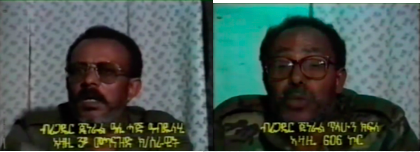

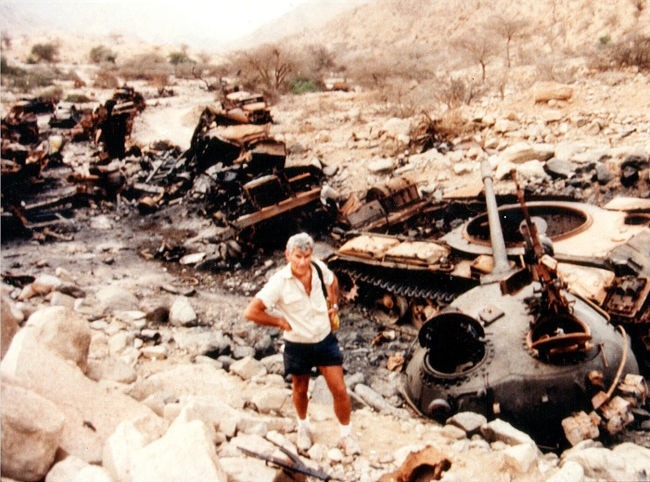

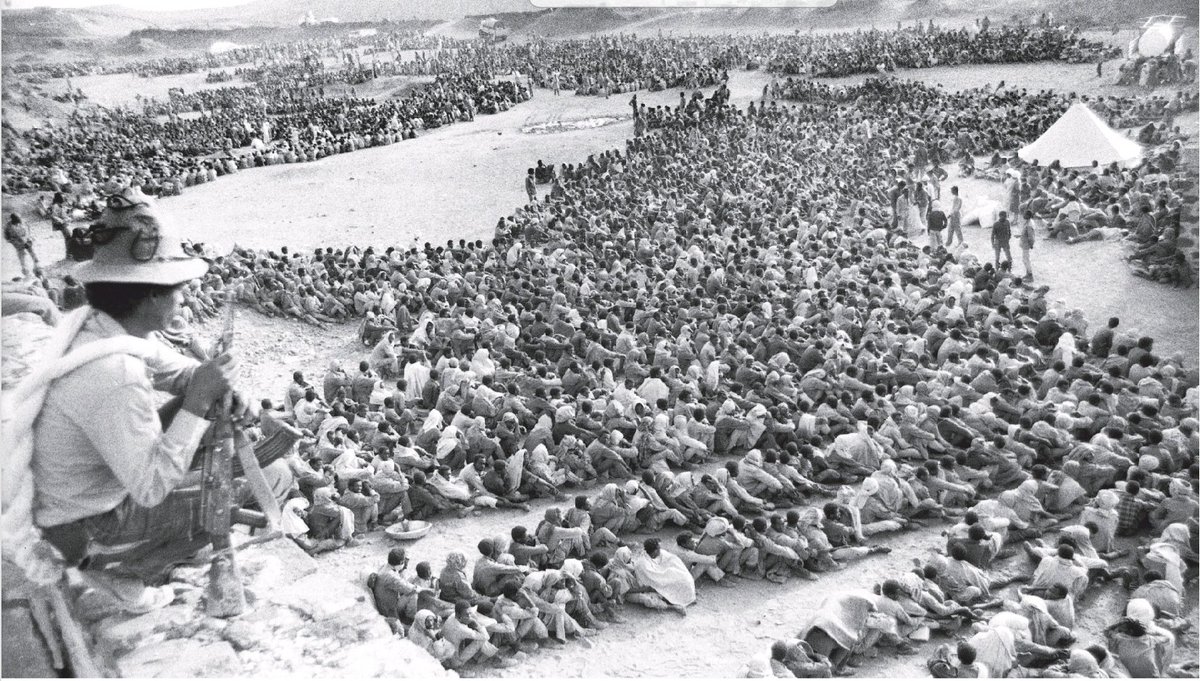

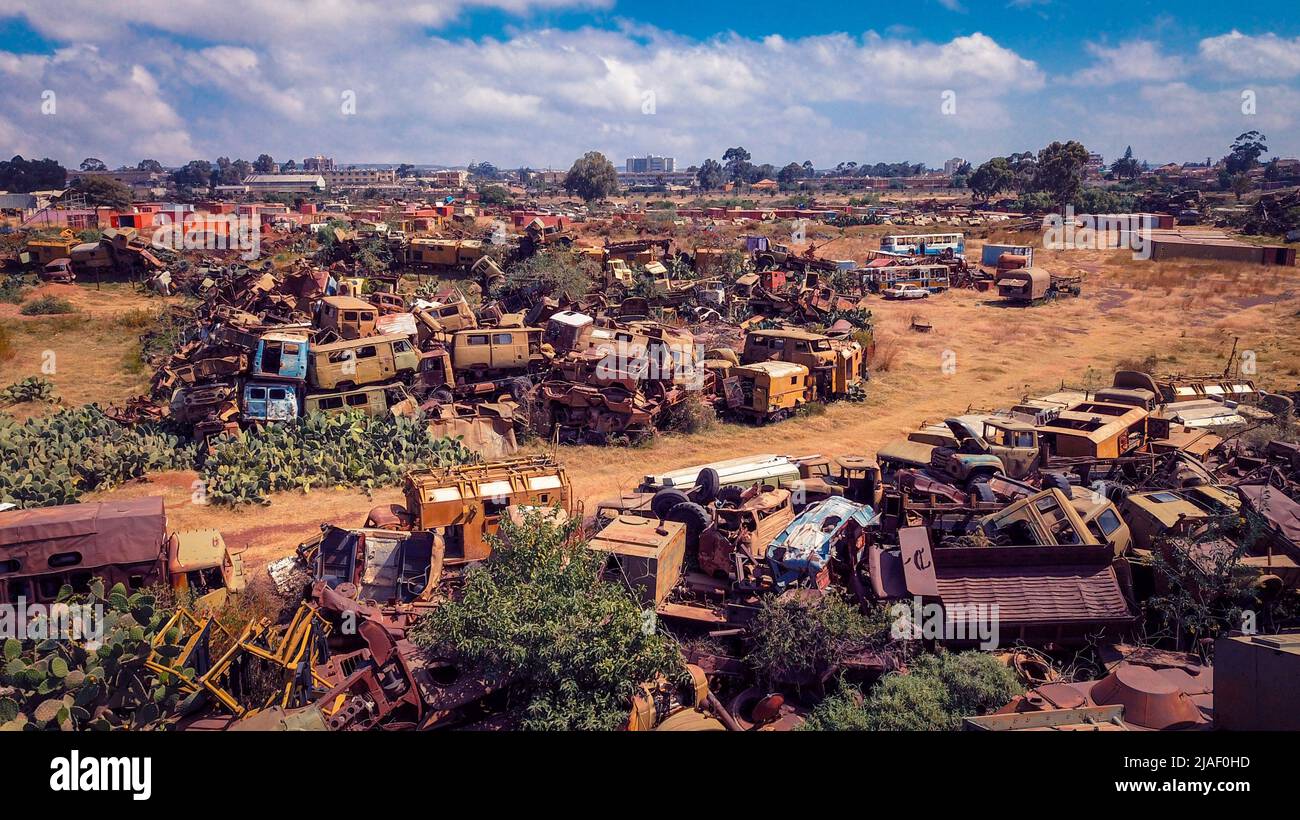
Eritrean Independence war
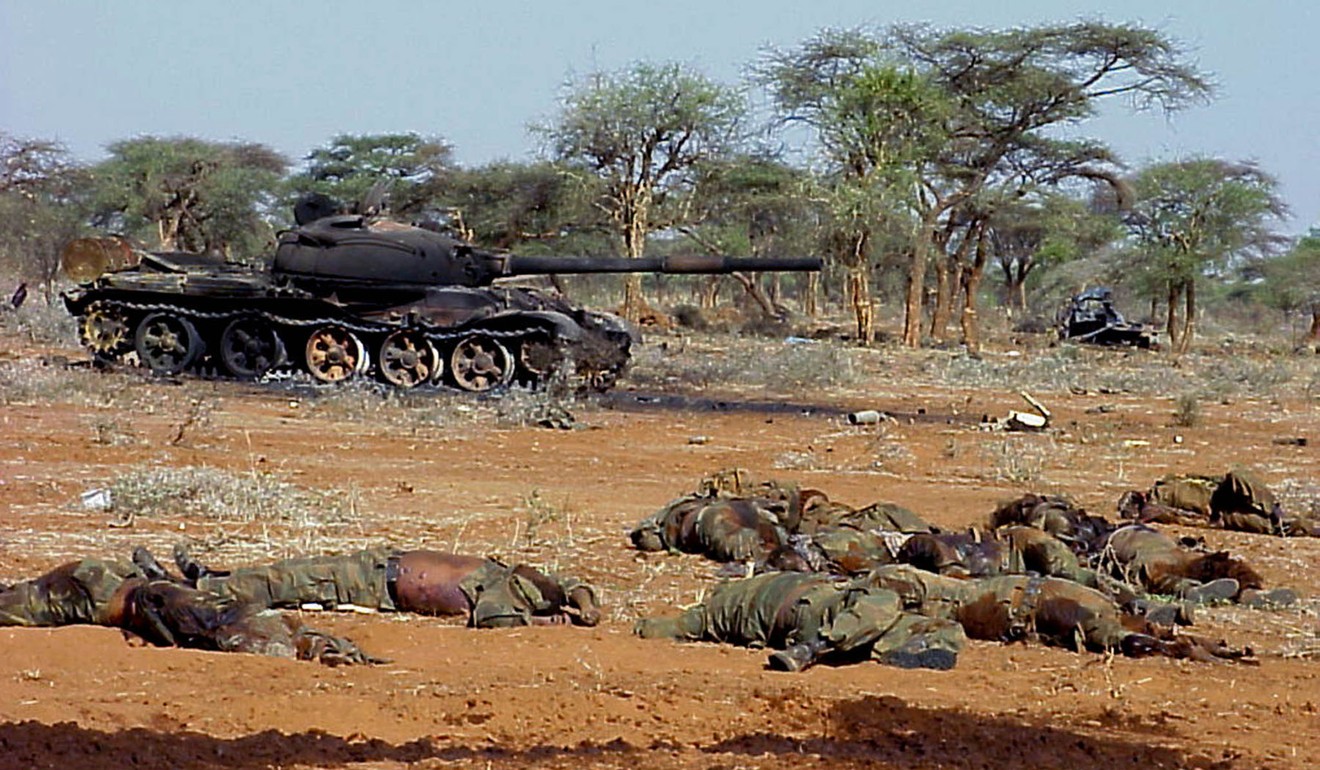

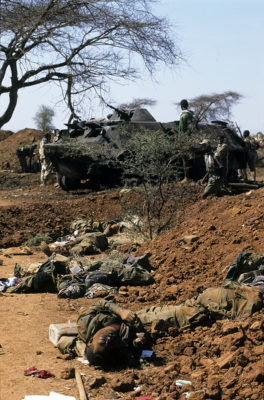
In the so called, border war



